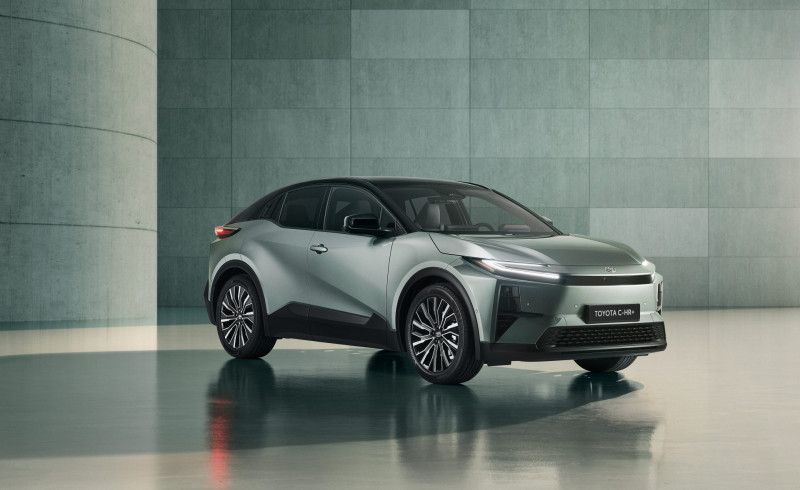According to reports, executives from two major European plug-in hybrid vehicle (PHEV) manufacturers, Toyota and Hyundai, stated at an industry conference in Europe that the race to extend the electric range of plug-in hybrids is cooling due to cost factors. Since January 1 of this year, the EU has adjusted the average carbon emissions calculation for new models, leading to car manufacturers increasing the battery capacity of PHEVs sold in Europe, as larger batteries and longer electric ranges yield lower emissions in WLTP tests. However, Toyota has indicated that it will not follow the trend set by Volkswagen Group and Chinese auto brands, which have significantly increased the electric range of their PHEVs beyond 100 kilometers (about 62 miles). For instance, Geely's Lynk & Co 08 model has an electric range of 200 kilometers, while Audi announced on June 16 that the electric range of its third-generation Q3 PHEV will increase from approximately 50 kilometers to 119 kilometers. Andrea Carlucci, Toyota's head of European product and marketing management, pointed out, 'An electric range of 100 kilometers is an ideal balance. For non-electric models, equipping a larger capacity battery will significantly increase costs due to the need for additional components.' Market research firm Dataforce reported that Toyota's PHEV sales in Europe surged by 139% in the first four months of 2025. The C-HR compact SUV PHEV introduced last year sold 21,637 units during this period, ranking sixth in PHEV sales in Europe, with an electric range of 66 kilometers, while the new RAV4 SUV PHEV has a range of 100 kilometers. Hyundai's PHEV sales in Europe grew by 27% to 11,264 units from January to April this year, largely thanks to the launch of the Santa Fe mid-size SUV. Although Hyundai has announced plans to develop extended-range electric vehicles globally, it has not yet decided whether to introduce them to Europe. Hyundai's CEO for Europe, Xavier Martinet, stated at the conference, 'Plug-in hybrids and extended-range vehicles are essentially transitional technologies. If we continue to increase technical complexity to delay electrification, costs will rise sharply. The solution cannot always be to pile on complexity with dual engines and batteries.' In Europe, PHEVs have replaced diesel models in many large vehicle markets, with many corporate buyers opting for these vehicles due to lower tax burdens. Martinet noted in another interview that selling long-range PHEVs is currently a tactical measure to reduce average carbon emissions and comply with new EU regulations, but regulations will be adjusted again starting in 2028. He remarked, 'The appeal of PHEVs will only decline further in the next two to three years.' In the Chinese market, premium brands like Li Auto and AITO have gained consumer recognition with their long-range PHEVs and extended-range electric vehicles (EREVs). European automakers are also gradually catching up; reports indicate that BMW is testing extended-range electric models, while Volvo has begun launching the XC70 PHEV in China, claiming a maximum electric range of 200 kilometers. Industry data shows that PHEV sales in Europe increased by 11% year-on-year in the first four months, reaching 366,670 units, driven entirely by Volkswagen, Toyota, and Chinese companies like BYD and Chery. Among these, mid-range mainstream PHEV sales surged by 56% to 198,173 units, surpassing high-end brands for the first time. Meanwhile, high-end PHEV sales declined by 16% to 169,497 units, highlighting the significant growth of mid-range mainstream brand sales in a market that was previously dominated by high-end brands.
Toyota and Hyundai Executives Note Cooling Competition in PHEV Electric Range

Share this post on: